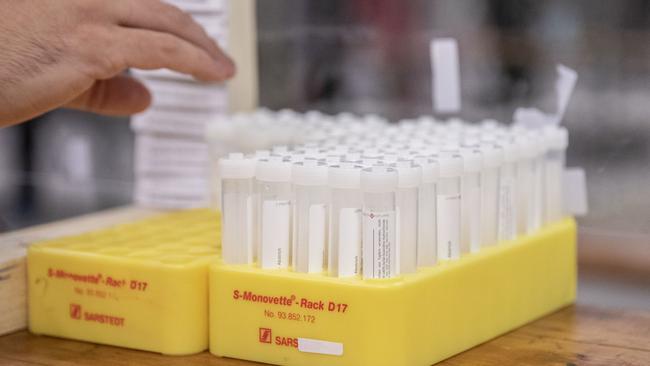
ANZ’s Shayne Elliott like others has worked overtime to keep up communications and interest with weekly chats, bringing in guests like sports stars Todd Woodbridge, St Kilda’s Jack Billings and staffer and Melbourne AFLW star Meg Downie.
He has also brought along Coca-Cola Amatil’s boss Alison Watkins, professional gamer son Elliott, and tailored his weekly webcasts for a younger audience during school holidays.
JB Hi-Fi’s Richard Murray has hired 75 SUVs and 25 high top vans to help Melbourne staff get orders out the door to customers, and Coles’ Steven Cain has the gym at his store support centre (also known as head office) running online classes.
It’s a communications task that is well practised and has its positive side, with hierarchy being broken down and all layers of the office getting to speak to one another on equal terms.
BHP’s Mike Henry notes: “I’m actually finding that the deliberateness of needing to look out for one another has created stronger connections and trust in some relationships.”
As Pact’s Ruffy Geminder says: “We are humans — not machines”, by which he meant he missed the ability to sit in face-to-face meetings.
KPMG chair Alison Kitchen says: “As chair, I find I must work really hard to watch and pick up on the physical cues and be quite directional in engaging participants.”
EY’s Tony Johnson says Zoom works just fine but not so well for sensitive issues where you want to read how people are reacting.
While all the big head offices expect a fall in numbers of people returning to the office, some like law firm Ashurst are working on the assumption staff will only spend 60 per cent of their time in the office.
JB Hi-Fi is mandating three days a week in the office to facilitate collaboration.
Elliott also notes that heading to the city has its benefits, because it takes people out of their neighbourhood, forcing them to interact with different people and experiences which is not such a bad thing.
Time to go
Boral shareholders have on paper won a stunning victory with chair Kathryn Fagg agreeing to stand down next year and one of two Seven directors also to step aside.
When a 3.5 per cent shareholder, Tanarra Capital’s John Wylie, wrote to Fagg last December seeking a role as either adviser or as a board member, he had a few objectives.
One was already achieved with Mike Kane being shown the door, another was to ensure the company didn’t bow to Macquarie urgings to have an equity raising, and the last was the sale of the US business.
Shareholders will know at or around the time of the AGM on Tuesday week whether the last request will be accepted.
Wylie is a relatively newcomer to the stock, with an entry price well above $4 a share, so he will be hoping for a bounce if as hoped the company proceeds with the US divestment.
Fagg said this week she would step down sometime next calendar year, by which time former CSR chief Rob Sindel will have had time to settle on the board and take on the chair.
In many respects, assuming the US business is sold, Fagg has done all that could be asked of her, even before her decision to quit.
The decision was taken after three out of three proxy advisers recommended against her, which suggested shareholders would vote her down.
Already ISS has reversed its recommendation and is now supporting the re-election of Fagg and CGI Glass Lewis has also reversed its stand and is backing the board on all motions.
Ownership Matters will still recommend against her, and this means ACSI, representing the industry funds, will also vote against Fagg.
This is logical, given it opposed her re-election because she took too long to dump Kane and was on the board at the time of the disastrous $3.5bn Headwater acquisition in 2016.
The proxy firms will no doubt argue that they didn’t shoot the chair but shareholders and no doubt Fagg took some soundings.
One-time recalcitrant Tanarra Capital is now supporting Fagg especially after the Seven board representation fell to one.
Some directors complain the proxy firms have too much power; they respond saying they are merely the messenger.
ISS is considered the more formula-driven, followed closely by offshore passive funds.
Fagg can count herself unlucky at being dumped and if she had her time again she would have moved more quickly on Kane.
That said, she has done what shareholders wanted and timing aside her final problem was letting Seven take two seats without sufficient controls.
She had taken control of a disaster waiting to happen with a company led by the chief executive instead of the board.
The fact is, under her predecessor Brian Clark it was Kane as chief executive who called the shots, not the board, and she presided over several downgrades while Kane was based in the US.
Time will tell whether Zlatko Todorcevski is the right man to lead Boral’s revival, but the fall in the stock price on Friday is a reflection of the uncertainty surrounding the company.
If Fagg is to leave there is no reason why she can’t do so today to let Sindel take up the reins after the annual meeting.
From his CSR days he is well across the issues and ideally placed to act as a sounding board and adviser to Todorcevski.
This column argued last week Fagg had delivered, albeit belatedly, on shareholder concerns, but facing imminent defeat at the coming annual meeting she has stepped aside before being shown the door. Having made that call she should drop the nonsense about smooth transition and take a walk immediately.



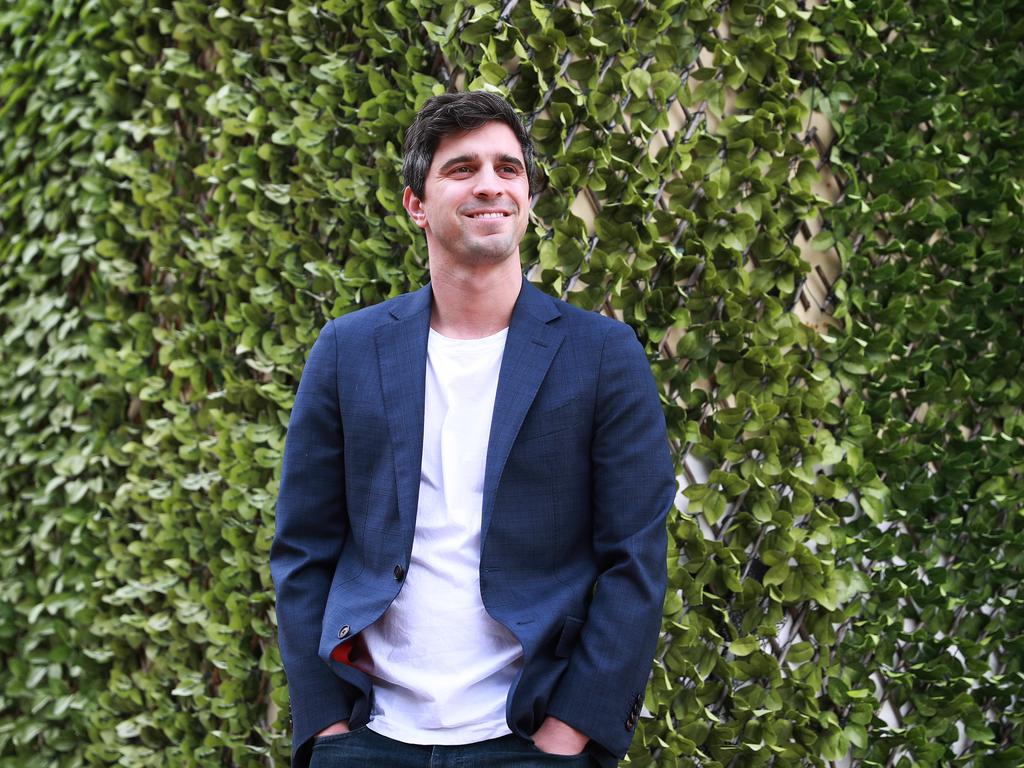

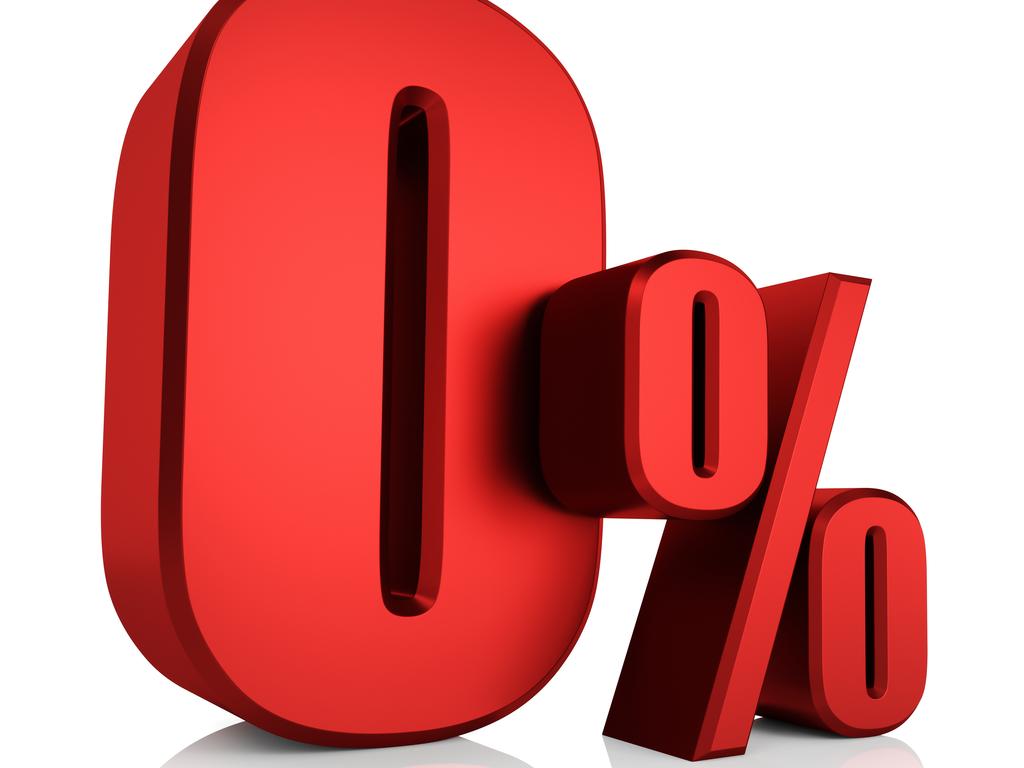
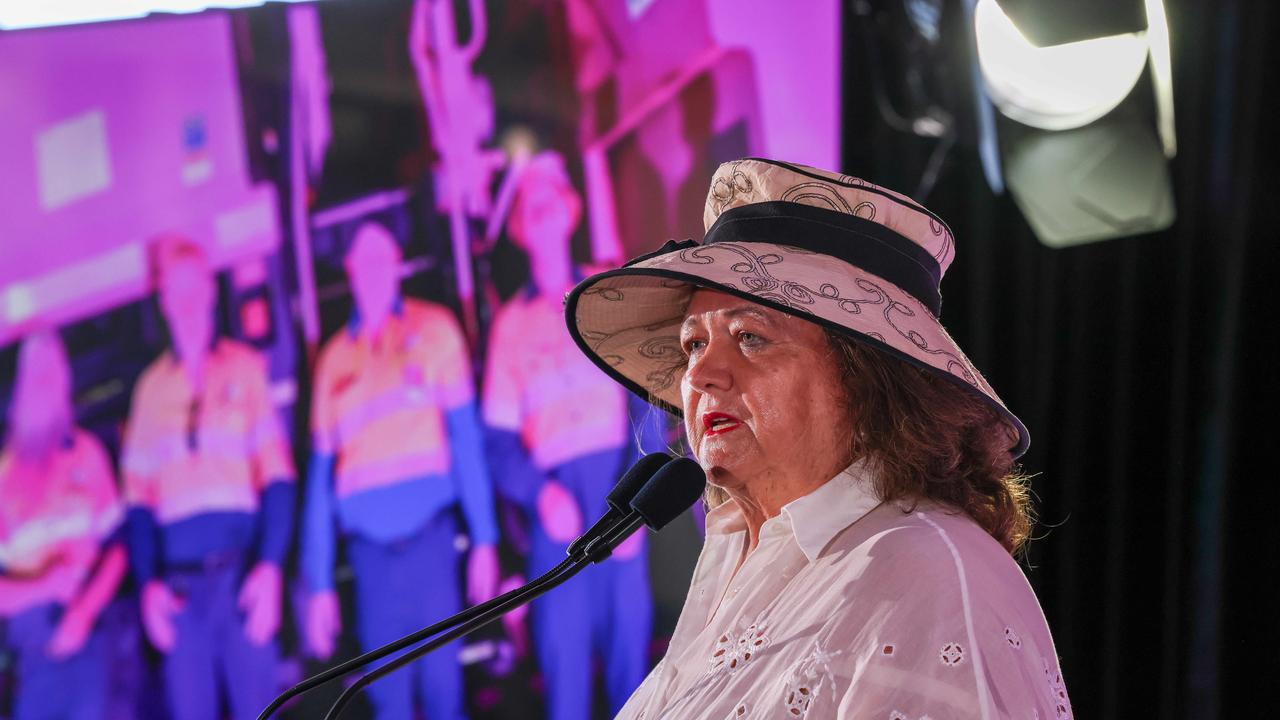
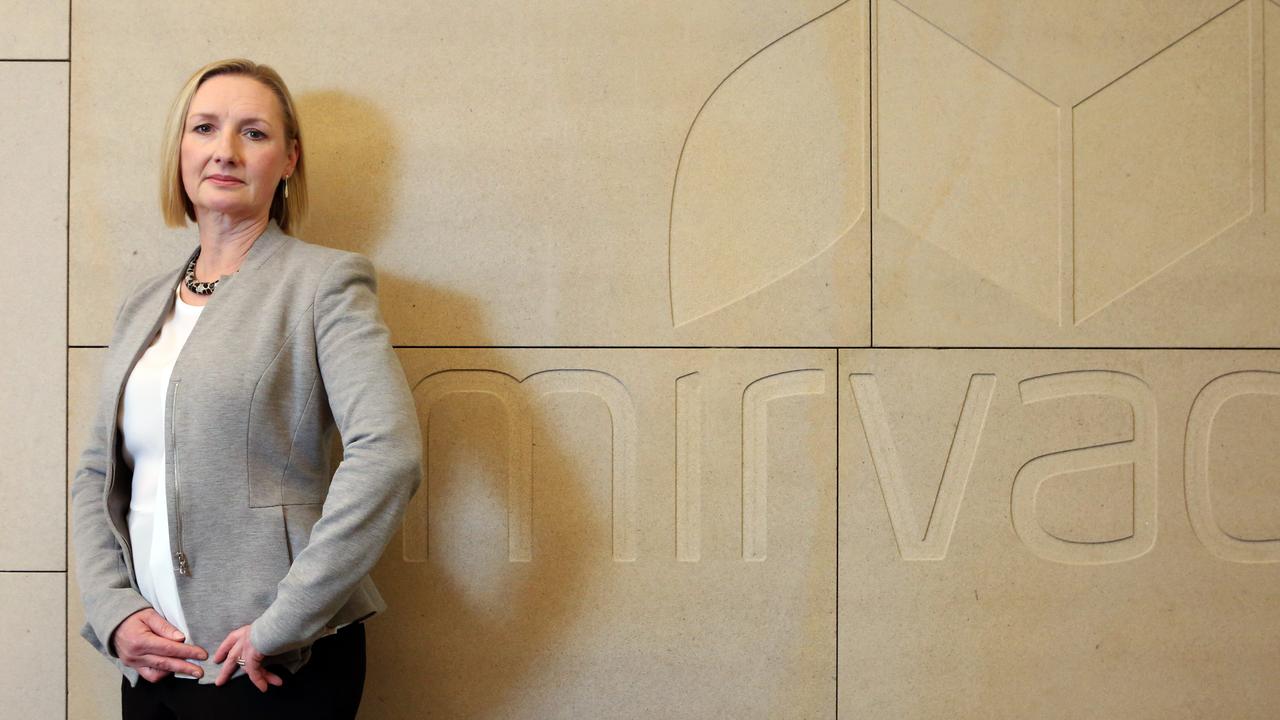
Corporate Australia has impressed itself with its ability to operate through the pandemic, with chief executives working overtime to keep the business ticking over, but it is also more than ready to return to what will be considered normal.